I ain't got phasmophobia. I mean, I ain't afraid of no ghosts, because although things in this world can be spooky, I think a belief in ghosts tells us more about the brain than it does about the supernatural.
According to recent polls, nearly three-quarters of Americans believe in some sort of the
paranormal, 41% believe in ESP, 37% believe in hauntings, and 32% of Americans believed in ghosts. Those numbers are probably similar everywhere in around the world, and have persisted for a few thousand years.
Let's stay scientific here and deal with only what we can test. What else could explain why we feel a spooky presence in a condemned building or see a spirit in the dead of night? Perhaps it's a perfectly normal human brain.
Humans are maybe nature's best pattern-seeking machines and for good reason. It was advantageous for our ancestors to think that rustle in the grass was a hungry tiger and not just the wind and to be able to imagine others with agency and control over our actions like we have.
Our tendency to notice signals in the noise doesn't account for nature's probabilities.
Take a look at these two boxes. Which one of them has a random distribution of dots inside? It's the one on the right. Based on randomness alone, we expect there to be clumps in the data, and to have coincidences happen in our everyday lives.
In fact, it'd be weirder if nothing weird ever happened to you. So when there's something strange, in the neighborhood, be that creak of a floorboard, a flash of light, or even a vision of some phantasm, our brains are assuming the worst based on what we are scared of or what pop culture has primed us for.
When you're looking for ghosts, you find them.
Once you have a spooky experience and attribute that to a ghost or spirit, another psychological quirk comes into play.
Confirmation bias is the tendency to focus only on evidence that supports or confirms a belief, and to ignore or discredit evidence that does not. In short, you remember the "hits" and forget the "misses". In our minds, no matter how many times that a cold draft really just was an open window, it will never win out over the time we could not explain it.
And then there is what we know about the natural world. We know of medical conditions like hallucinations and sleep paralysis -- where you are awake, paralysed, but still dreaming -- that can explain a creepy figure here and there.
Even the odd stuff like detecting magnetic fields and heat signatures and low-frequency sounds have better groundings in science than in the occult.
When you consider how weird human psychology and perception can be, when you account for all the natural explanations, there is still room for spooky stuff, but not quite poltergeist level spooky stuff. Seeing a ghost might could be the afterlife reaching out to scare you, but I'd bet on brains before boos.


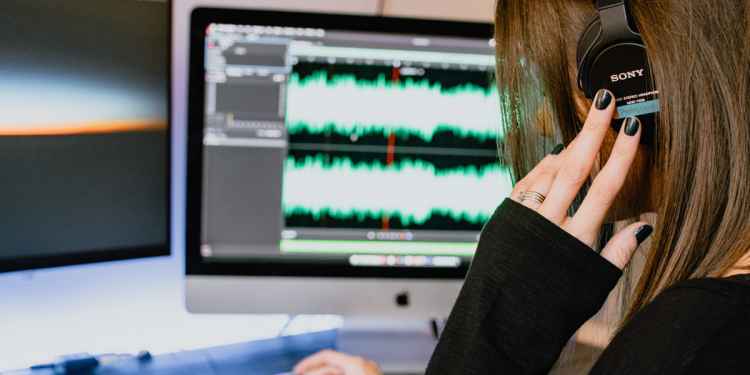
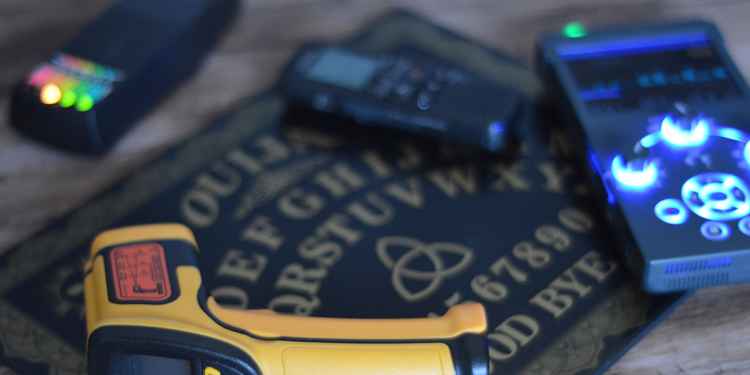
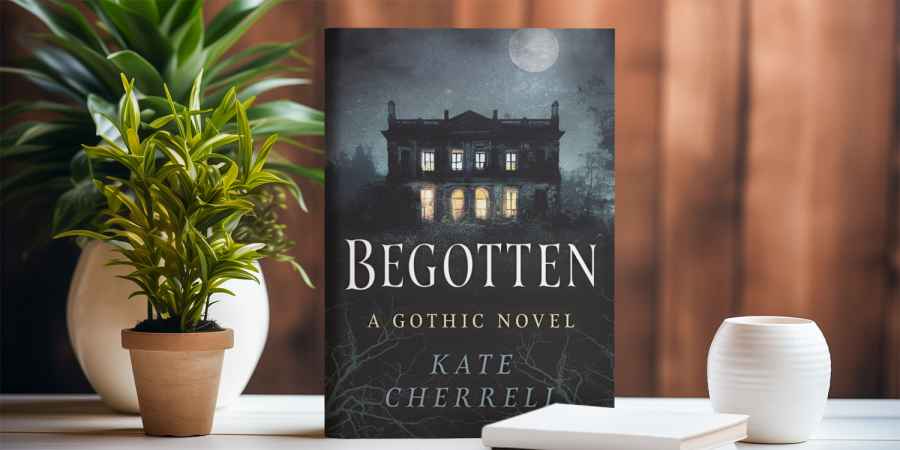
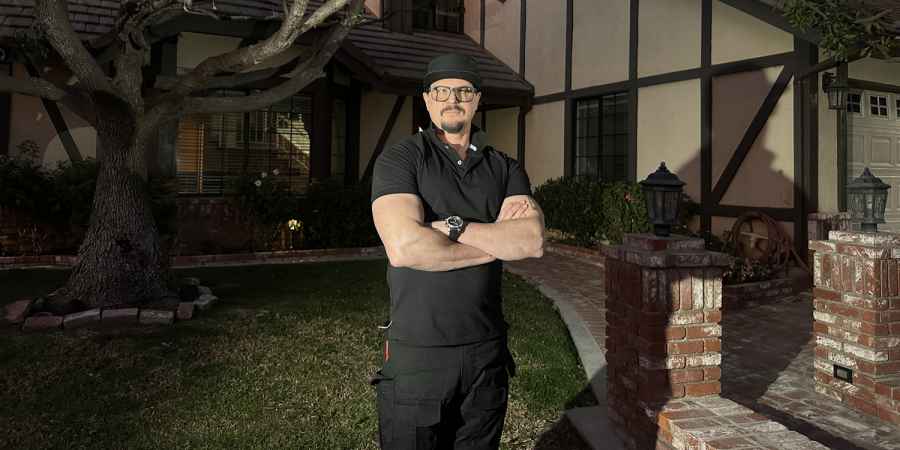
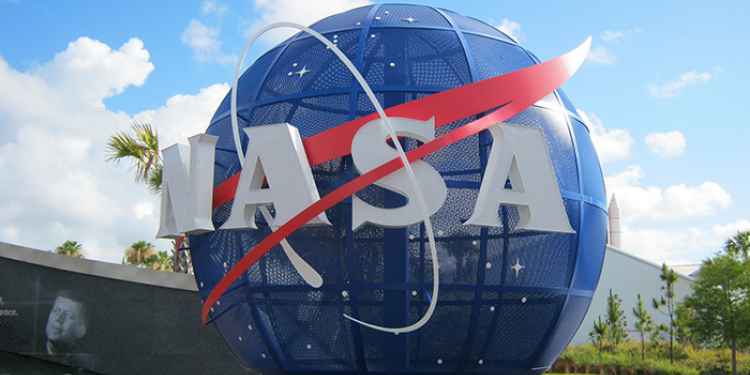
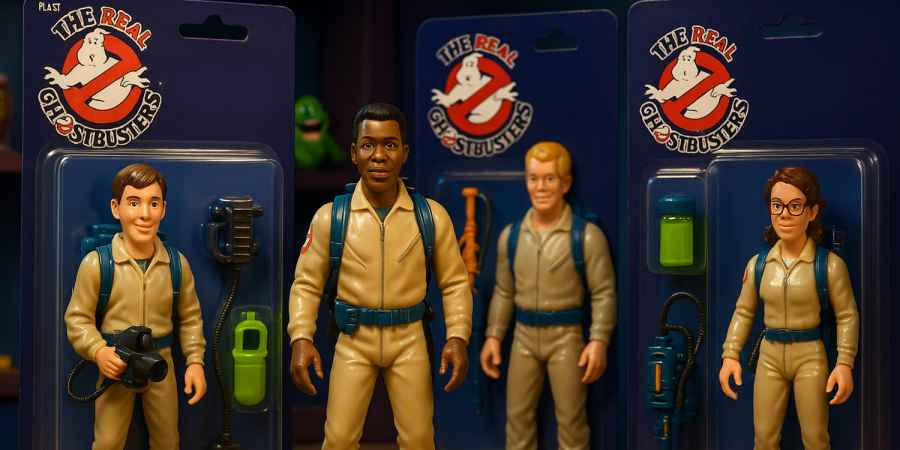
 See More on Audible
See More on Audible
Comments
Want To Join The Conversation?
Sign in or create an account to leave a comment.
Sign In
Create Account
Account Settings
Be the first to comment.